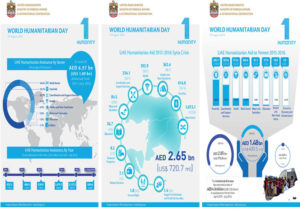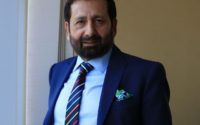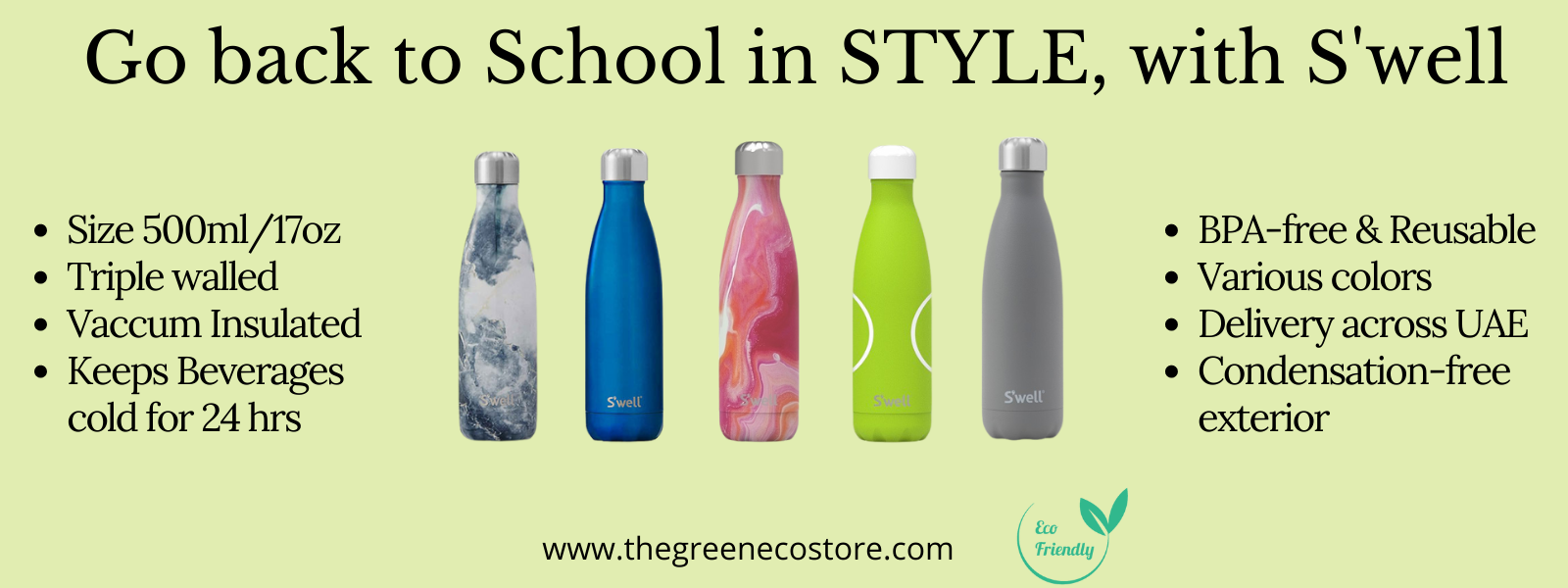UAE Deeply Committed To Protecting Humanitarian Workers: Minister
The UAE is deeply committed to protecting humanitarian workers and providing emergency relief to more than 130 million people affected by humanitarian crises in over 40 countries, Reem bint Ibrahim Al Hashemi, Minister of State for International Cooperation, said on Thursday on the occasion of World Humanitarian Day.
In a statement to mark World Humanitarian Day, she said the UAE has provided humanitarian assistance totaling AED 6.97 billion (US $1.89 billion) to help save lives, alleviate suffering, maintain and protect human dignity during and after emergencies, including long term assistance to refugees and displaced persons.
” In the UAE we have over 20 humanitarian foundations, non-governmental organisations, charity establishments, government entities and private companies providing humanitarian assistance for those in need across the world,” she said.
The minister said she was proud of the UAE efforts that support vital needs in Aden, Yemen, providing emergency food and health assistance, as well as reviving the country’s educational system, which ensures continuity in education during the ongoing humanitarian crises.
The following is the full text of the statement from Minister Reem bint Ibrahim Al Hashemi: The UAE is deeply committed to protecting humanitarian workers and providing emergency relief to the more than 130 million people affected by humanitarian crises in over 40 countries.
We join the world today in commemorating World Humanitarian Day, that is held annually to mark the day in 2003 when 22 humanitarians lost their lives in the bombing of the United Nations office in Baghdad, Iraq. Thirteen years on, the need to honour the work done by humanitarian workers remains as relevant as ever. This year’s World Humanitarian Day is commemorated under the theme: ‘One Humanity’, a theme deeply ingrained in the values of our leadership and society.
The United Nations and partners are calling for global solidarity with the people around the world who need humanitarian assistance to survive. Delivering life-saving aid would never have been possible without the passion and unwavering commitment of men and women who risk their lives so that others may live and hope for a better tomorrow.
I would like to pay tribute to them, and thank all humanitarian workers from UAE organisations and across the world for their hard work, sacrifices, and selfless dedication to serving the world’s most vulnerable people.
While they do their part, we also have to do ours. From 2011 to July 2016, I am proud to report that the UAE has provided total humanitarian assistance of AED 6.97 billion (US $1.89 billion) to help save lives, alleviate suffering, and maintain and protect human dignity during and after emergencies, including long term assistance to refugees and displaced persons. In the UAE we have over 20 humanitarian foundations, non-governmental organisations, charity establishments, government entities and private companies providing humanitarian assistance for those in need across the world.
Our country is located in a region with significant potential for economic and social development. This region also contains a number of highly volatile areas that are plagued with unrest, conflict, and forced displacement. Indeed, there are an estimated 25-30 million refugees and internally displaced people in the Middle East and North Africa region alone, largely due to protracted conflicts and humanitarian crises.
The people of Syria and Yemen who are affected by humanitarian crises are a high priority for UAE assistance. Between 2012 and July 2016, we have provided AED 2.65 billion (US $720.70 million) in emergency assistance to address the Syria crisis, including to Syrian refugees in Iraq, Jordan, Lebanon, Egypt and Turkey, as well as to the internally displaced inside Syria. In Yemen we have provided AED 1.5 billion (US $404 million) in humanitarian assistance over the last two years.
One project that illustrates the impact of our humanitarian assistance is a co-sponsored UAE/UNHCR wastewater management programme in the Zaatari refugee camp assisting 3,000 families, which has employed Syrian engineers living in the camp. Based on their first-hand knowledge, the camp residents were able to bring about a seven-fold increase in the project’s efficiency, when production went from two blocks per week to two blocks per day.
I am also proud of the UAE efforts that support vital needs in Aden, Yemen, providing emergency food and health assistance, as well as reviving the education system, which ensures continuity in education during an ongoing humanitarian situation.
If we are to truly make a difference in the lives of people in crises, however, there is more than just providing humanitarian assistance. Three additional drivers guide the UAE’s humanitarian approach: protecting civilians in humanitarian emergencies, in particular to women and children; working closely with local organisations, as they are best positioned to effectively deliver assistance; and, the strengthening of the global humanitarian system through meaningful collaboration.
We support multilateral humanitarian response through the UN’s Central Emergency Response Fund (CERF). CERF provides rapid initial funding for life-saving assistance at the onset of humanitarian crises, and critical support for poorly funded, essential humanitarian response operations. We are represented on the CERF Advisory Committee and have recently increased our annual CERF contribution to US $1 million.
In early December, the International Humanitarian City (IHC) will organise the first bi-annual World Humanitarian Forum in Dubai to coincide with the Ten Humanitarian International Leaders meeting, which aims to bring together the humanitarian community to share experiences, build relationships and discuss emerging challenges and solutions. IHC has made the UAE a vital hub for logistics in emergency response, with 60 members comprising United Nations agencies, NGOs, donors and private companies.
The United Nations Humanitarian Response Depot at the IHC has, by far, the largest United Nations stockpile in the world and allows relief items and people to reach one-third of the world within three hours, and two-thirds of the world within seven hours.
Let me conclude by reiterating our deep gratitude to all humanitarian workers from the UAE and throughout the world. To them and the millions of people affected by humanitarian crises, let us pledge that no one will be forgotten, that no one will be left to face disasters alone, that no one should be denied their dignity because of the vagaries of nature or the cruelty of others. Today, let us commit to work together as “one humanity” to serve the world’s most vulnerable people.”
For more information, visit ihc.ae







